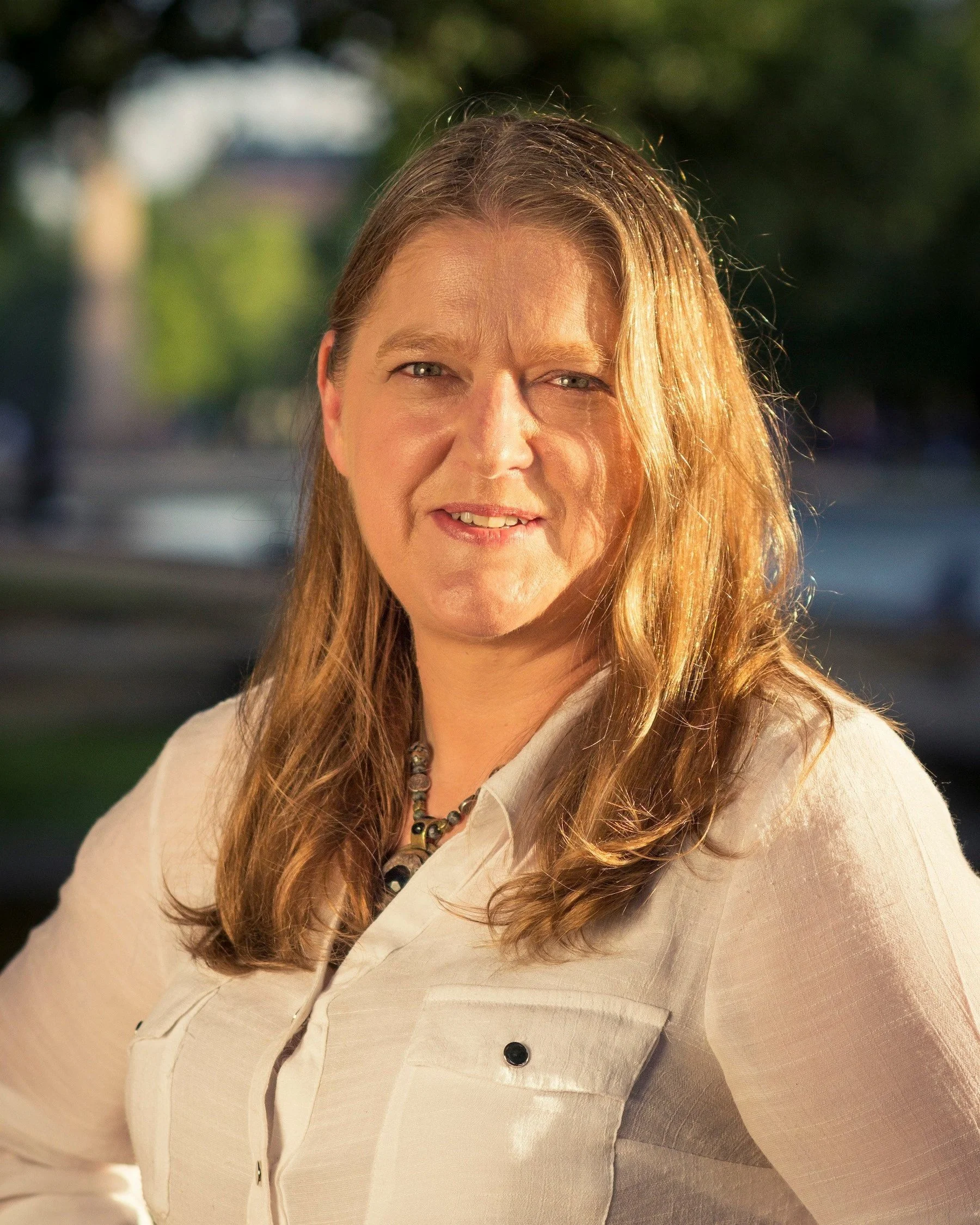Attachment-based Interventions to Treat Trauma, Anxiety and Depression
This training is organised by BEFT Centre CIC (The British Emotionally Focused Therapy Centre CIC)
Finally, there is a map offered to us by attachment science to work in an organic, on-target way to help clients with trauma, anxiety, and depression.
To that map, add the wisdom of 30 years of clinical experience and outcome studies on Emotionally Focused Therapy, and you have the right way to tune into clients’ emotions and help them shift from numbing or agitation into emotional balance and the ability to trust the self and engage fully with others.
Building on Emotionally Focused Couple Therapy and the work of Dr. Sue Johnson, we will show you the set of proven interventions to shape transformational emotional moments for your individual clients in every session.
Emotionally Focused Individual Therapy (EFIT) will transform your clinical work by giving you:
A structured, on-target, effective roadmap for helping clients
Resolution for clients’ depression, anxiety, and post-traumatic stress
A more integrated coherent sense of self
EFT takes you to the heart of the matter in just 5 clear macro-interventions. The goal is not to simply modify symptoms, but to grow people into full, flexible aliveness.
Registration fees
£700 Early Bird Fee (ends February 20, 2026)
Student Early Bird £600 (Ends February 20, 2026, 2025/2026 full-time students, proof required)
£800 Regular Fee
Student £700 (2025/2026 full-time students, proof required)
£400 Repeating the Essentials - You must provide us with a scan of your certificate and we will invoice you directly
Some reduced fee places available, please see below for more information.
Registration
Please start your registration process via the following form.
Diversity and Widening Participation
We actively welcome therapists in all their diversity and offer several widening participation reduced fee places. We invite you to see below to find out if you are eligible and how to apply.
We welcome donations to support us offering these reduced fee places.
The EFIT Process-Oriented Assessment
A non-pathologizing attachment perspective on emotional disorders
Using EFIT to work with core features of Anxiety and Depression
The process of first sessions – building a safe-haven alliance
The Core EFT Macro Interventions – the EFT “Tango”
Mirroring/reflecting present process
Negative Cycles of Coping, Affect assembly and deepening
Choreographing engaged encounters with self and others
Processing these choreographed to create emotional balance
Integrating and validating new experience
The Tango across stages of change
Summary of Micro Interventions – Experiential and Systemic
In-session video and discussion of sessions
Play and Practice - the elements of the tango
Learning Objectives
Adopt an attachment humanistic perspective on clients, problems and interventions.
Discover and distill core emotional experiences and promote emotional balance.
Outline protective, self-defeating and interactional patterns and the core components of emotional disorders.
Begin to implement the 5 moves of the EFT Tango to shape corrective emotional experience.
Describe the micro-interventions of the EFT/EFIT model, e.g., Heightening, Interpretation.
Choreograph dramas that expand the self and open engagement with others.
Integrate corrective emotional experiences into models of self and other.
Validate the client’s sense of competence and worth in every session.
THE TRAINERS
Sarah McConnell, MA
Sarah McConnell is a certified EFT Therapist, Supervisor, and Trainer who has a private practice in Derbyshire, Great Britain. She trained in Gestalt psychotherapy in Cleveland, Ohio prior to training in EFT in Houston, Texas where she was one of the therapists involved in research in Houston using EFT couples therapy with the parents of autistic children demonstrating EFCT’s effectiveness over time. Sarah is a co-director of the British EFT Centre and develops strategy for the organisation. Prior to becoming a therapist, Sarah was in HR and Organisational Development in a multi-national company for 27 years, and became a global vice president of training and leadership development. Sarah is a cis-gender heterosexual, white, atheist, woman from a working class background living with a chronic illness. She is a guitarist and singer, playing in alt-country bands, leading a ukelele group and singing in a 5 part harmony acapella choir. She also enjoys year round outdoor swimming. Sarah takes the lead on EFFT (Emotionally Focused Family Therapy) training in Great Britain and is also involved in the team developing EFIT (Emotionally Focused Individual Therapy). Sarah is passionate about working with couples and excited about extending EFT in Great Britain.
Robert Allan
Robert is an EFT Trainer, Supervisor, and Therapist based in London, UK. He is a Senior Lecturer and programme lead for the child, adolescent, and family MA program at University of Roehampton in London. Robert has helped train and supervise therapists and students in Emotionally Focused Therapy across Canada, the US, Europe, and Great Britain.
Robert’s interest in EFT extends to his research work where he has explored cultural adaptations of EFT. He is currently the co-Principal Investigator and supervising the Denver site for the first clinical trial of Emotionally Focused Individual Therapy (EFIT). Robert completed his PhD at Dalhousie University, he is an Approved Supervisor with the American Association of Marriage and Family Therapy and a Family and Systemic Psychotherapist and UKCP Full Clinical Member. Robert is a warm, knowledgeable, and engaged trainer with a passion for helping people learn EFT.
WIDENING PARTICIPATION
I, and the trainers I work with, actively support widening participation in EFT training and EFT therapy to those in groups that are marginilized and with limited resources.
We offer several reduced fee places on our EFT Externships for people who meet the following criteria:
You belong to one or more groups underrepresented in EFT therapy training, for example - counselors/MFTs/psychologists who are: Black, Asian, Latine, mixed race, lesbian, gay, bisexual, transgender, disabled;
and
where a substantial part of your work is with minoritized and/or disadvantaged groups in society and you intend to continue with this work for a minimum of 2 more years;
and
where having a 25% or 50% reduction of the standard course fee (£800) makes the difference between you being able to come on the course or not.
To apply for a reduced fee place please provide:
a brief essay (approximately 750 words) explaining:
- how you are eligible for the fee reduction and what difference having a fee reduction will make to your ability to attend;
- why you want to attend the course;
- anything else you think would be helpfulany supporting evidence e.g. a reference from your supervisor/employer/other confirming your eligibility and supporting your application; information about your work with minority or disadvantaged groups.
If you are unsure if you are eligible you can get in contact and check it out.
The Training team will review the applications and their decision will be final.
To ask about a fee reduction / to send in your application please contact me.

